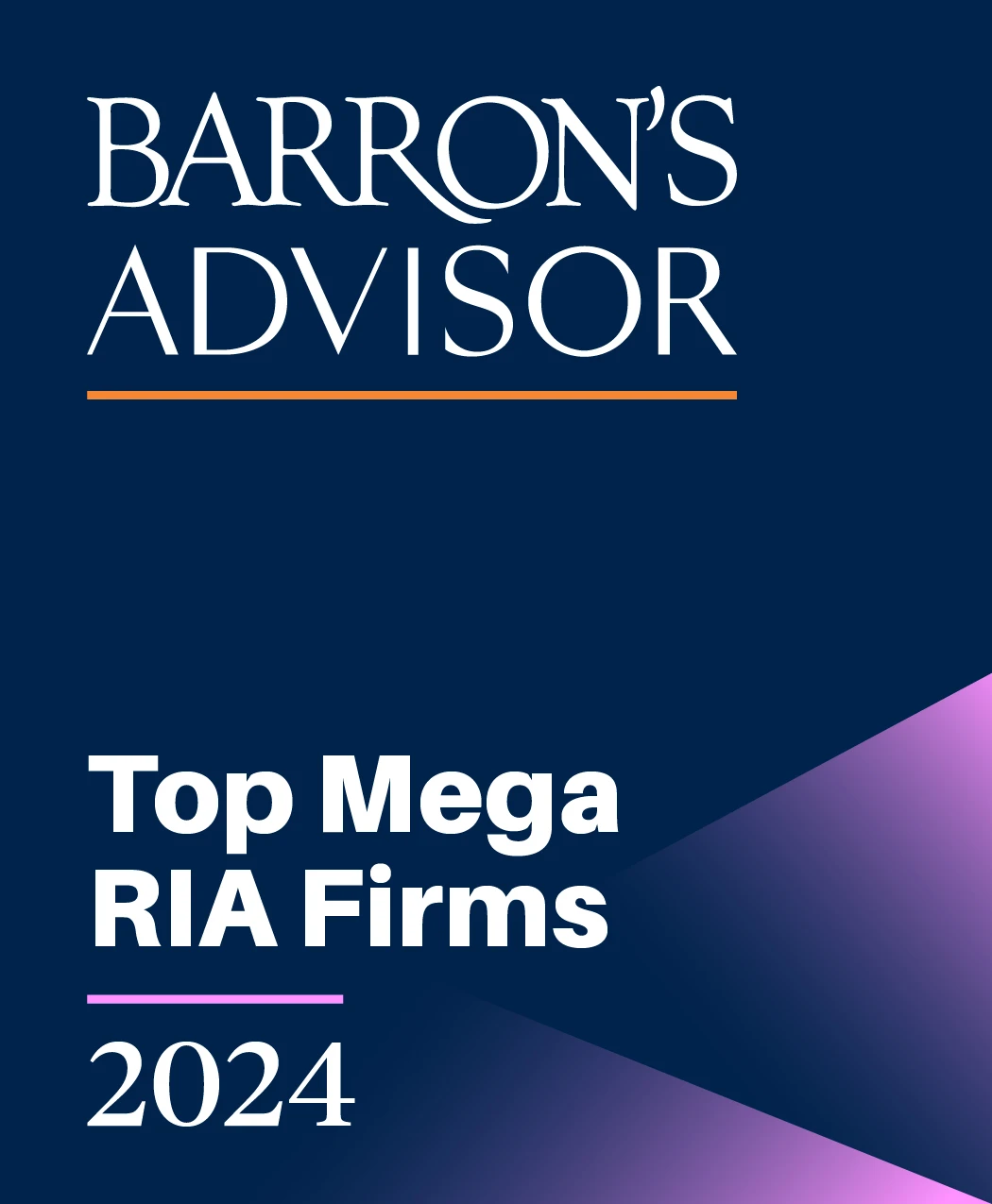Upticks: Roth IRAs
By Jake Falcon on April 29, 2021
Established as part of the Taxpayer Relief Act of 1997, Roth IRAs are a relatively new investment vehicle with unique rules, eligibility requirements, and contributions limits. On this episode of Upticks, Jake explains who might benefit from opening a Roth IRA depending on their stage of life and goals.
Video
Podcast
Blog
I receive many questions from clients about Roth IRAs. Some people are pretty familiar with them, but others are not. And they’re a relatively new investment vehicle, as Roth IRAs were established as part of the Taxpayer Relief Act of 1997.
Roth IRAs allow you to invest earned income after you pay taxes on it (also known as the money in your checking account after you receive your paycheck). The benefit of a Roth IRA is the money invested in it grows tax free, as you’ve already paid taxes on the principal investment. In a Roth IRA, there are no capital gains taxes and all your qualified withdrawals in retirement are tax free—unlike a traditional IRA or a 401(k) account.
There are some limitations on Roth IRAs, like the cap on how much you’re allowed to invest in a Roth IRA each year. If you’re under the age 50, you can invest $6,000 a year in a Roth IRA. And if you’re over age 50, the cap is $7,000. You have to have earned income to invest in a Roth IRA, meaning only people who are working can invest in it.
There are also income limits: high earners are not allowed to take advantage of the Roth IRA. These income limits start to kick in and phase out for single people who earns $125,000 a year and married couples who earn $198,000 annually. And like a traditional IRA, there are tax penalties if you withdraw money from a Roth IRA before age 59.5 (though there are some exemptions in the case of an emergency, and you can pull out the money you’ve invested without a penalty; things get more complicated if you try to withdraw the Roth IRA’s earnings before age 59.5).
I would like to look at how three different groups should approach Roth IRAs: young professionals, pre-retirees, and retirees.
Young professionals
Young professionals who expect to be in a higher tax bracket when they retire should strongly consider taking advantage of a Roth IRA—not to mention we suspect taxes will go up in the not-too-distant future.
While it’s impossible for any 30-year-old to know what their tax rate will be when they’re 50 or 60, if they have a Roth IRA, they can count on having access to money in retirement that won’t be taxed.
I generally recommend young people invest ⅓ of their retirement savings in a pre-tax 401(k), ⅓ in a Roth IRA, and ⅓ in a taxable brokerage account. All three of these are taxed differently, which gives you different options for creating an income stream in retirement.
As I mentioned, there are income caps on Roth IRA investors, so I recommend young professionals invest in Roth IRAs early, especially if they plan to eventually exceed the income cap. And if your employer offers a Roth 401(k) plan, I recommend taking advantage of that as well.
Pre-retirees
Pre-retirees are usually people in their 50s, and naturally they’re often in higher tax brackets than the young professionals we just discussed. Should these people take advantage of a Roth IRA? It depends.
If you’re maxing out your 401(k) contribution and are still eligible to contribute to a Roth IRA, I think it makes sense to consider also saving in a Roth IRA.
While I’m not a tax advisor, I think it’s worth pausing to note people who are investing in 401(k) plans are lowering their taxes today, but they’re not necessarily lowering their taxes later. You’re deferring the inevitable. So even if you’re in a high tax bracket now, I recommend funneling some money into a Roth IRA. For a person preparing to retire within 5-10 years, it often makes sense, but not always, to invest ⅔ of their retirement savings in a 401(k) plan and ⅓ in a Roth IRA.
Retirees
Did you know you can convert money from a traditional IRA to a Roth IRA? Let’s say someone is retired in their 50s or 60s and does not yet have to take a minimum required distribution from their traditional IRA (which begins at age 72). Since you’re retired and presumably in a lower tax bracket than you were when you were working, you can explore converting some money from a traditional IRA to a Roth IRA.
While you do have to pay taxes on the money you convert from your traditional IRA and invest in a Roth IRA, the benefit is you then have access to money you won’t have to pay taxes on in retirement (and it, of course, grows tax free). This also lowers the minimum required distribution you may have to take starting at age 72. In short, Roth IRAs are not just for young people and will be particularly helpful if tax rates increase.
We have some insightful tools at Falcon Wealth Advisors, including a calculator that shows the tax benefits and downsides of taking actions like converting money from a traditional IRA to a Roth IRA. If you would like to work with a team of financial planners and advisors who will explore all the options available to achieve your financial goals, please email me today at Jake@FalconWealthAdvisors.com.
Clients choose to work with us to enhance their financial literacy and explain exactly what their financial plan means to them.
-Jake Falcon, CRPC®


